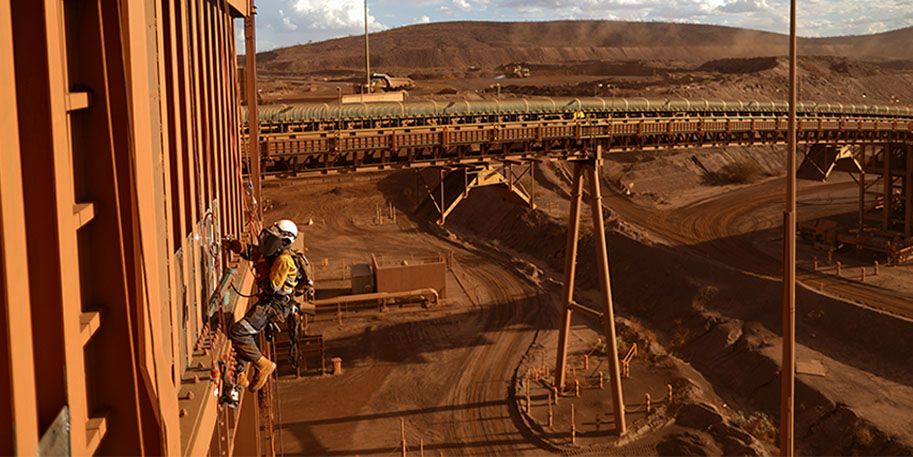Put simply, salary benchmarking is how mining companies work out what they should pay people. It’s comparing your jobs and pay rates with similar roles at other companies to make sure you’re offering competitive wages.
In mining, it’s especially important because skilled workers are hard to find, and if you’re not paying enough, they’ll go elsewhere. It’s not just about base pay either – it includes looking at the whole package: bonuses, allowances, super and other benefits.
How mining companies do benchmarking
Mining doesn’t use the same generic approach as other industries. Their benchmarking is more niche because mining roles are pretty specific. They’ll typically:
- Map out which companies they want to compare with – usually others with similar operations, size or in the same region
- Gather data through surveys and industry reports
- Look at stacks of positions – from site supervisors right up to executives
- Compare not just salaries, but the full remuneration package
When internal HR teams do benchmarking, they’re usually looking at four things:
- Job matching
They match internal roles to similar external ones, making sure they’re comparing apples with apples - Data collection
They gather info from other mining companies, often through specialised mining surveys - Analysis
They look at where their pay sits compared to the market – are they paying above, below, or right on the mark? - Reporting
They put together reports showing salary ranges (usually with minimum, middle and maximum figures), along with all the extras like allowances and bonuses
More than just basic pay
Good mining salary benchmarking covers:
- Base salary at different percentiles (showing what the top 25%, middle 50%, and bottom 25% of companies pay)
- Short-term bonuses and incentives
- Allowances for FIFO work, remote locations, etc.
- Housing, travel and education benefits
- Superannuation contributions
Why HR managers need salary benchmarking
For HR managers trying to hire good people, salary benchmarking helps you compete. You know exactly what you need to offer to attract talent in a tight market. It shows if you’re getting value. You can see if your pay strategy is actually helping you hire and keep good staff. And it helps you avoid costly mistakes. If you get someone’s pay wrong from the start, it’s hard to fix later without creating problems.
What mining salaries look like
The range in mining is massive – from entry-level positions to specialists and executives, with huge variations based on:
- Role specialisation and skill requirements
- Location (remote sites usually pay more)
- Experience level
- Company size and type
- Current market conditions (boom or bust cycles)
Want to find out more about what the average mining salary is in Australia? Read this article.
Benchmarking impacts the bottom line
For mining HR managers, proper salary benchmarking isn’t just a nice-to-have – it’s essential. Without it, you’re basically guessing what to pay people, which is a recipe for either wasting money or losing good candidates.
It’s about finding that sweet spot where you’re paying enough to get the right people, but not blowing your budget. In an industry where finding skilled workers is already tough, having solid salary data is one of your best recruitment tools.

